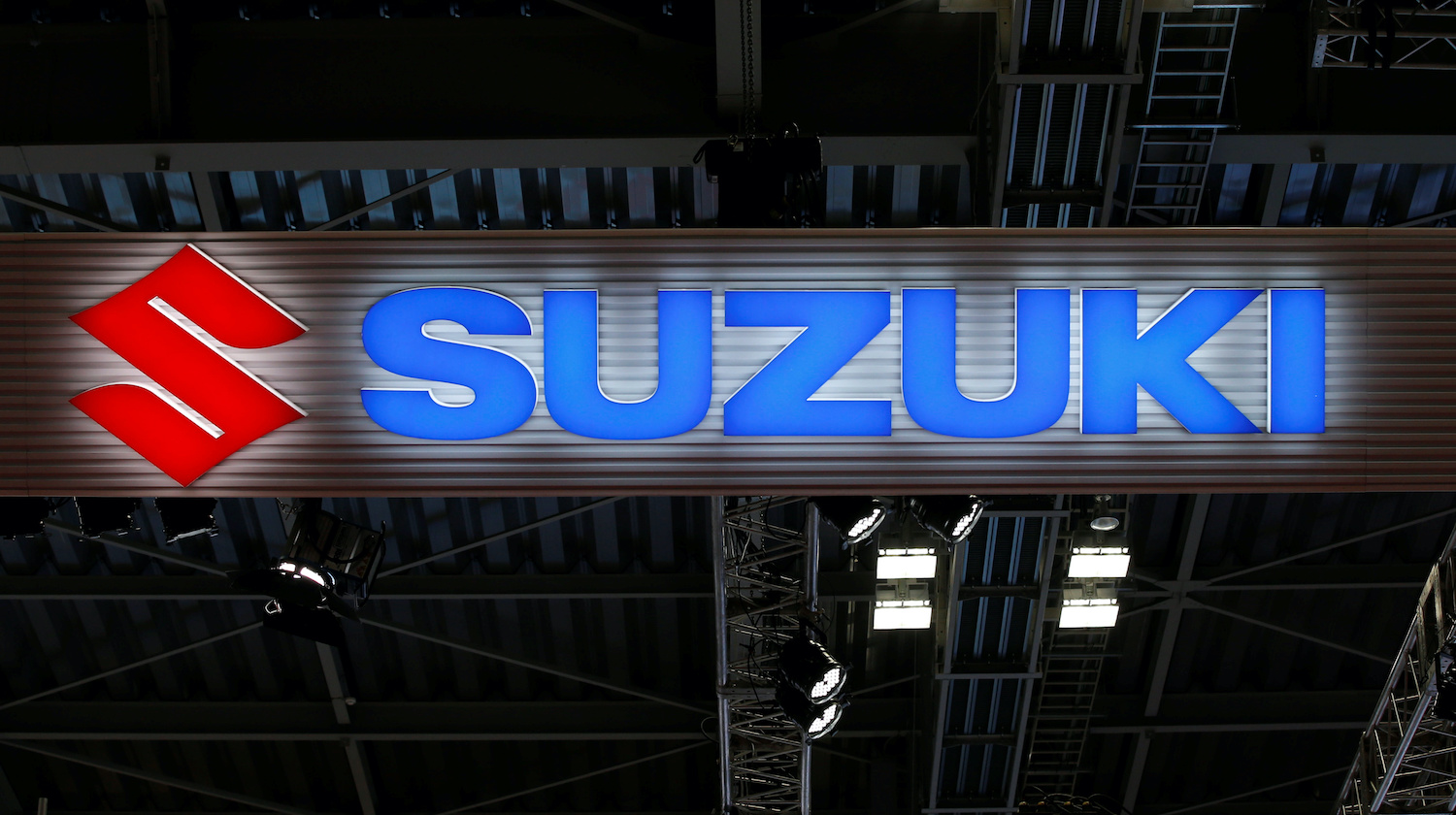Japan’s Suzuki Motor Corp is to pump 4.5 trillion yen ($34.8 billion) into electric vehicle and battery development and production over the next seven years.
Revealing the ambitious plan on Thursday, the Japanese automaker known for making compact “kei” cars, said it would invest 2 trillion yen in electrification and autonomous driving technologies, while allocating 2.5 trillion yen to build a battery EV plant and into renewable energy facilities.
Of the money earmarked for electrification, 500 billion yen would be invested in batteries, it said.
Also on AF: Dutch Officials Head to US For Possible China Chip Curbs Deal
Suzuki’s announcement comes after other Japanese automakers have rolled out similar goals to catch up with European and US rivals in the fast-growing battery EV market.
Mazda Motor Corp unveiled in November a $10.6 billion spending plan to electrify its vehicles.
Suzuki said it would introduce its first battery EVs, including small sport-utility vehicles and micro “kei” cars, in Japan in fiscal 2023. With cost-conscious customers in mind, company president Toshihiro Suzuki said he wanted to sell vehicles for around 1 million yen.
Suzuki plans to introduce battery EVs in Europe and India, and its first battery electric motorcycles globally, the following year.
The company is aiming to leverage its cooperation with car giant Toyota Motor Corp to capture a bigger share of India’s budding EV market, which is gaining momentum.
Suzuki plans to learn from Toyota how to use EV technology to make small electric cars, Suzuki said during a visit to India this month.
Still, Toshihiro Suzuki said on Thursday the automaker was not abandoning hybrid and internal combustion vehicle line-ups, pointing to a lack of charging infrastructure, high EV costs and concerns over limited battery resources.
For India, Suzuki’s key market, it predicted EVs would make up 15% of its vehicle line-up in fiscal 2030, while internal combustion engine cars using biofuels and ethanol as fuels would make up 60%.
“We will put in vehicles for various price ranges, for various people, for various regions,” Toshihiro Suzuki said.
- Reuters with additional editing by Sean O’Meara
Read more:
Maruti Suzuki Urges India to Back Hybrid Cars as Well as EVs
Japan’s Mazda Pledges Carbon Neutral Factories by 2035
Toyota to Change EV Strategy to Close Gap With Tesla, BYD
























